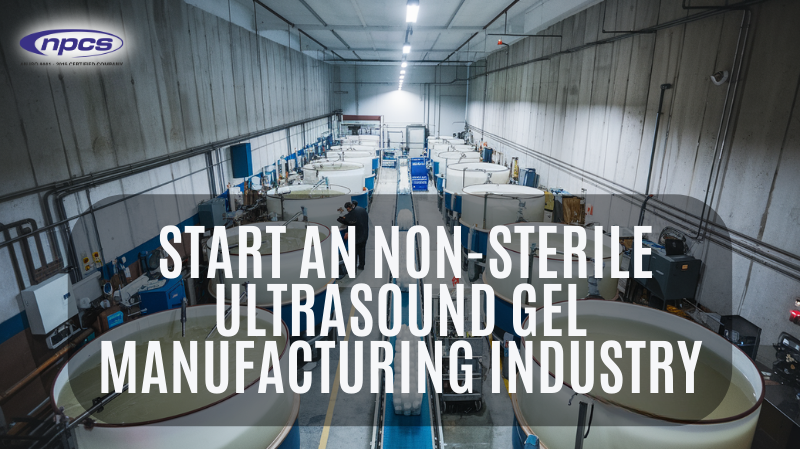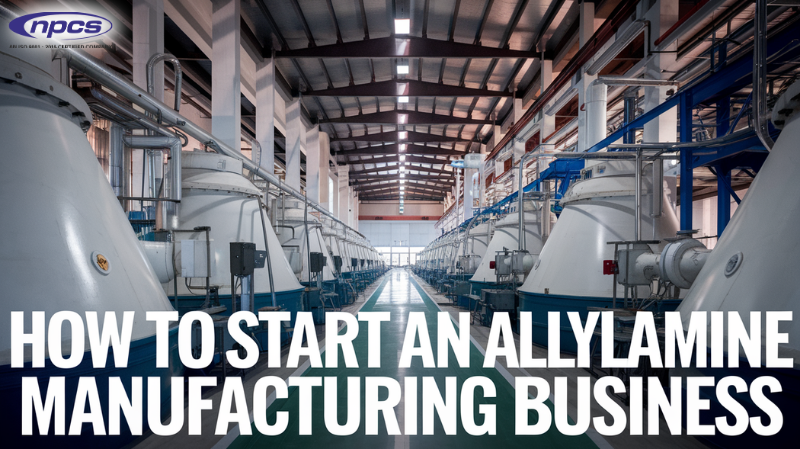Sodium sulfite (Na₂SO₃), an inorganic compound, appears as a white crystalline solid which is of immense importance in a number of industries.A number of chemical operations use it as a reductive agent and more commonly as an oxygen scavenger to eliminate oxygen. This compound has many applications in industries such as food and beverage, water treatment, and paper manufacturing, thus, it is an important compound for a number of industries. The reaction of sulfur dioxide (SO₂) with sodium carbonate (Na₂CO₃) or sodium hydroxide (NaOH) usually obtains it.
One of the reasons why this chemical is appealing to industries is its use in maintaining the stability of finished goods, curbs oxidation, and enhances the shelf life of certain materials.
What is Sodium Sulfite?
This chemical is an ionic salt that is water-soluble, and available in various forms such as anhydrous and heptahydrate (Na₂SO₃·7H₂O). This chemical effectively dissolves and removes oxygen from solutions, making it a strong reducing agent. For this reason, industries use it to inhibit corrosion and oxidation processes.
The synthesis of this chemical typically involves reacting sulfur dioxide with sodium hydroxide to form sodium sulfite and water. Aqueous sodium sulfite made has a Ph ranging from 9.5-10.5 thus, it is slightly alkaline.
Applications of Sodium Sulfite
This chemical finds application in various industries for its multifaceted nature. Here are certain of its primary usages:
- Water Treatment: In treatment of water for boilers of this chemical is usually introduced as an oxygen scavenger. It helps to combat corrosion in water systems by removing dissolved oxygen from the water, thus extending the service life of metal surfaces and equipment.
- Pulp and Paper Industry: It is used extensively in the pulp and paper industry to whiten wood pulp bleaches. This chemical inhibits the biodegradation of paper materials by encumbering the oxygen available in the paper, thus preventing oxidative attack.
- Food Preservation: The food preservation employs sodium sulfite for its non industry making products off these products. Producers apply preservatives on these economically endeavored products, such as dried fruits, meats, and wines, to preserve their style and flavor.
- Textile Industry: The chemical acts as a reducing agent in the textile sector and especially in dyeing processes. It assists in the stabilization of certain dyes thus preventing their oxidation which leads to better shade application.
- Photographic Chemicals: As to photography sodium sulfite is an additive in developers and at the same time it is used to protect photographic pictures. It prevents oxidation of the developer which results in better images.
Join Us :npcsblog.com
Why Start a Sodium Sulfite Manufacturing Industry?
There are a number of benefits attached to owning of this chemical manufacturing company, perhaps due to the expanding market for sodium sulfite and its use in many industries. Let us now examine all the possible reasons it would be wise to get this business.
- High Demand Across Many Industries: Industries such as waste water management, paper and food industries utilize sodium sulfite. The production of sodium sulfite and its products has always been in high demand, thereby providing a good market for the manufacturers.
- Profitability and Opportunity in the Market: Owing to the many applications of sodium sulfite, it is not surprising that there is a continuous demand for it from many industries across the globe. The food and beverage industry is experiencing significant growth. There is a global increase in the demand for water treatment. Companies are anticipated to boost their demand for sodium sulfite. This trend is likely to open up more opportunities within the industry. Entering the industry is becoming more accessible now. Additionally, the industry provides a reliable income for newcomers.
- Possibility of Scaling Up: The production of sodium sulfite is easy to scale, which enables even small manufacturers to grow their businesses over time. The costs involved in establishing the production plant are quite moderate when compared to other chemical industries, making it possible for new business people to venture into it.
- Contributions of Policies that are Environmental Friendly: Today, industries across the globe are turning to more friendly approaches because of the well known stiff regulations especially on the environment. This chemical is one such solution, which is critical for pollution and water treatment, and therefore for responsible industrialization.
Machinery Needed for Sodium Sulfite Production
Laying the foundation of a this chemical production unit calls for a unique configuration of machines for maximum output. Provided below is a list of common types of machinery:
- Reactors: These are electrochemical devices that are used when sulfur dioxide is reacted with sodium carbonate or sodium hydroxide. This is where most of the sodium sulfite is produced.
- Scrubbers: To ensure that sulfur dioxide gas used in the reaction is trapped and safely transformed for less harmful production processes, scrubbers play a necessary role.
- Crystallizers: After sodium sulphite is synthesized, it must be resulted into solid form for use. Crystallizers assist in providing the suitable crystallization for industrial purposes.
- Filtration Systems: Filtration systems clean the final product of contaminants, enabling refined sodium sulfite to meet the requirements for industrial and food-grade usages.
- Storage Tanks: Reactants such as sulfur dioxide and sodium carbonate, as well as the end product sodium sulfite, require storage tanks.
- Conveyors: They are Appliers for raw materials and mule products within the plant to enhance effective handling and reduce incoming and outgoing wage bills.
For more information visit: Chemical Industry (Organic, Inorganic, Biotechnology and Speciality Chemicals)
Production Method of Sodium Sulfite
- Raw Materials: The basic raw materials that produce of this chemical include;
Sulfur Dioxide (SO2),
Sodium Carbonate (Na2CO3) or Sodium Hydroxide (Na OH)
- Reaction Process: This chemical is manufactured by a very simple reaction.Agitate a solution of sodium carbonate or sodium hydroxide while introducing sulfur dioxide gas into it to produce this chemical. This reaction is as follows:
SO₂ + Na₂CO₃ → Na₂SO₃ + CO₂
or
SO₂ + 2NaOH → Na₂SO₃ + H₂O - Crystallization and Drying: Once this chemical is formed, the solution is subjected to crystallization to obtain solid sodium sulfite. The product is then dried to remove any remaining water, ensuring its stability for storage and transport.
- Purification: The final product is filtered and purified to ensure that it meets industry standards, particularly for use in sensitive applications like food preservation or water treatment.
- Packaging: The final OF this chemical crystals are packaged and stored for distribution to various industries.
Growth and Market Potential
The global market for sodium sulfite has been rising gradually due to the versatility of the compound in key markets. The growth of sodium sulfite is driven by its role in water treatment and food preservation. By limiting oxygen levels, it helps prevent corrosion and promotes environmental safety. Strict environmental regulations are prompting industries to adopt more eco-friendly practices.
In developing countries, the demand for food preservatives is on the rise. The paper and textile sectors depend on sodium sulfite for dye applications. Additionally, sodium sulfite is essential for bluing agents and stabilizing dyes. Integrated water management strategies are increasing the use of sodium sulfite for oxygen control.
As environmental concerns grow, industries are moving towards sustainable chemical solutions. Sodium sulfite is becoming increasingly popular across various industrial applications worldwide. The rising global demand underscores the diverse roles sodium sulfite plays in different industries.
Conclusion
There is abundance in the applications of this chemical which cuts across many markets which encourage manufacturer’s prospective investment and on the entrepreneur’s side. This is due to its recurrent use in water treatment, preservation of food, and paper manufacture. This chemical is also easy to produce in large quantities. Thus are hampered by all forms of regulations, sale of sodium sulfite manufacturing plant will not be easy. You can make a successful business of swine sodium sulphite manufacturing only in cases of adhering to best production practice situations.





